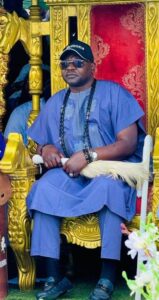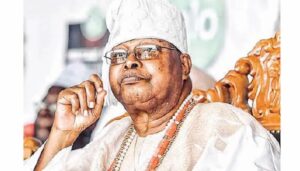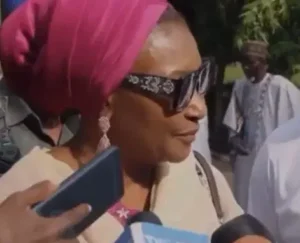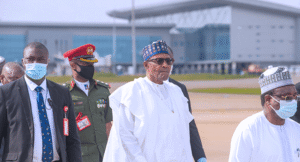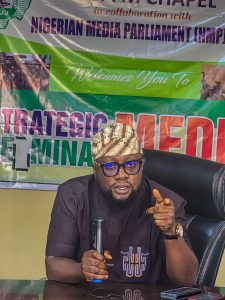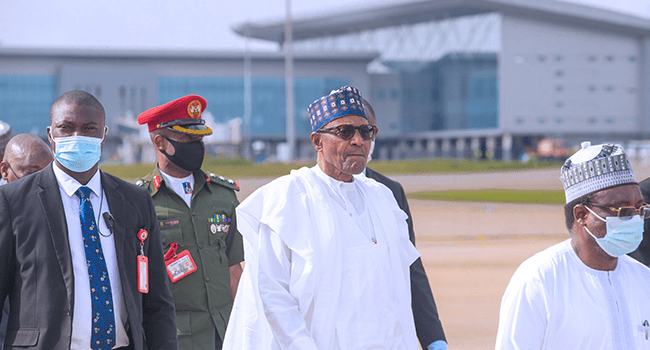
By Adesina Quadri Ademola
As the nation mourns the passing of former President Muhammadu Buhari, GCFR, tributes are pouring in from across Nigeria and beyond. A polarising yet iconic figure in the country’s political history, Buhari’s legacy spans military service, national leadership, and a deep-rooted commitment to anti-corruption.
Here are key things to know about the life and legacy of the late Nigerian statesman:
1. Early Life and Military Background
Muhammadu Buhari was born on 17 December 1942 in Daura, Katsina State, in Northern Nigeria. He enrolled at the Nigerian Military Training College in 1962 and later received advanced training in countries including the United Kingdom, India, and the United States. His military credentials laid the groundwork for his rise in national politics.
2. Military Head of State (1983–1985)
Buhari first came to national prominence after seizing power in a military coup on 31 December 1983, overthrowing the civilian government of President Shehu Shagari. His regime was known for a strong anti-corruption stance and strict economic discipline under his “War Against Indiscipline” (WAI) campaign. However, it was also criticised for its authoritarian approach and human rights abuses.
3. Democratic Presidency (2015–2023)
After three failed attempts, Buhari won the presidential election in 2015 under the platform of the All Progressives Congress (APC), defeating incumbent President Goodluck Jonathan in a historic democratic transition. He was re-elected in 2019, becoming the second Nigerian after Olusegun Obasanjo to lead the country both as a military ruler and a civilian president.
4. Fight Against Corruption
Buhari’s presidency was widely associated with a tough anti-corruption agenda. The Economic and Financial Crimes Commission (EFCC) was strengthened under his watch, with several high-profile arrests and convictions. However, critics argued that the anti-graft war was selective and at times politically motivated.
5. Security and Boko Haram Insurgency
One of the defining challenges of his administration was the persistent threat posed by Boko Haram and other insurgent groups. While his government claimed significant victories in reclaiming territory from insurgents, security across Nigeria remained a contentious issue, with rising incidents of banditry, kidnapping, and communal violence.
6. Economic Policies
Buhari’s administration faced multiple economic headwinds, including a recession in 2016 and the global downturn caused by the COVID-19 pandemic. His government launched various intervention programmes such as the Anchor Borrowers’ Programme and TraderMoni, but critics noted slow economic growth, high inflation, and increasing unemployment during his tenure.
7. Health and Medical Trips
Buhari’s health was a subject of public discourse throughout his presidency. He spent extended periods in the United Kingdom for medical treatment, sparking debates over government transparency and the state of Nigeria’s healthcare system. Ironically, he passed away in a London clinic years after completing his tenure.
8. Legacy and Public Perception
To his supporters, Buhari was a disciplined, incorruptible patriot who prioritised national interest above personal gain. To critics, he was aloof, slow in decision-making, and indifferent to widespread suffering. Nevertheless, his influence on Nigeria’s post-military democratic landscape is undeniable.

